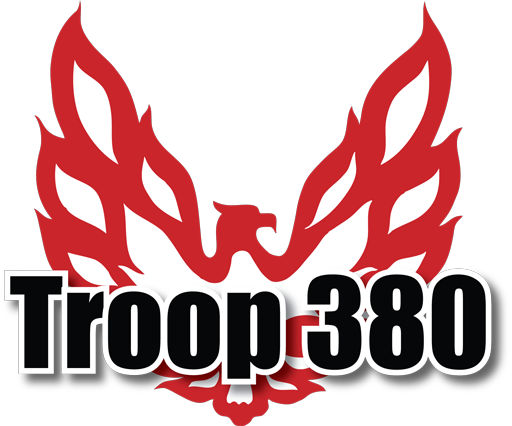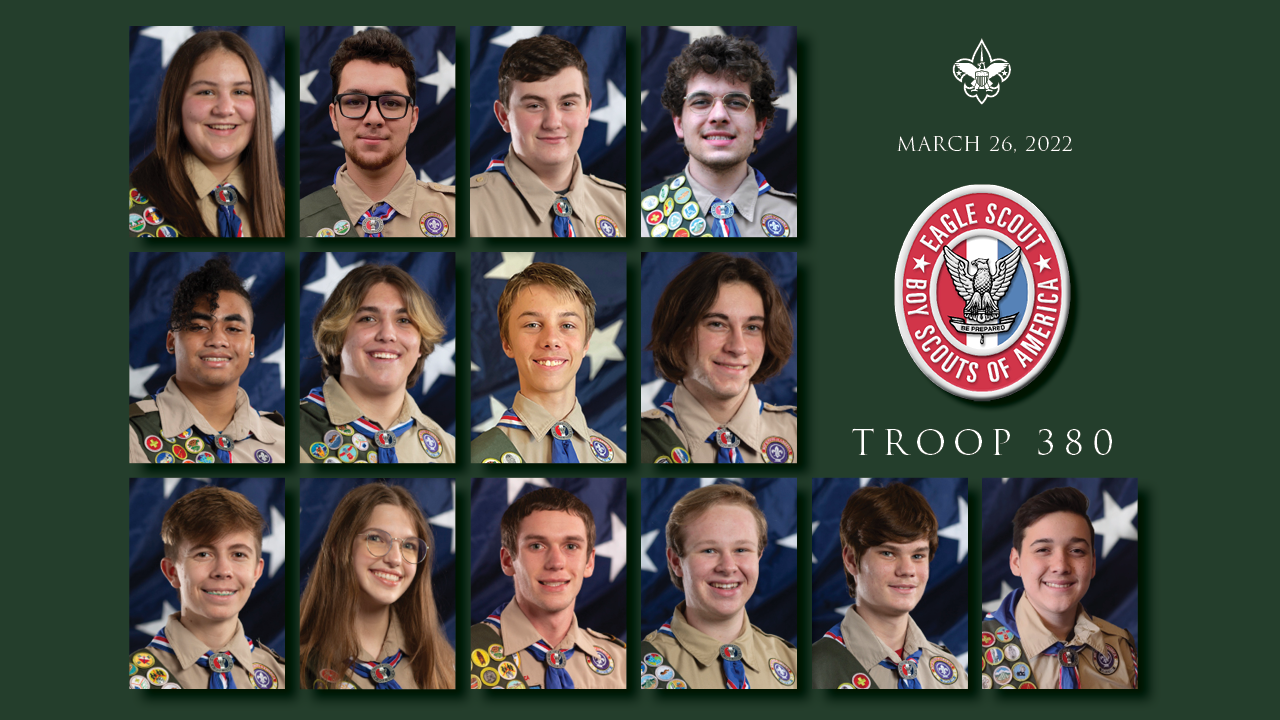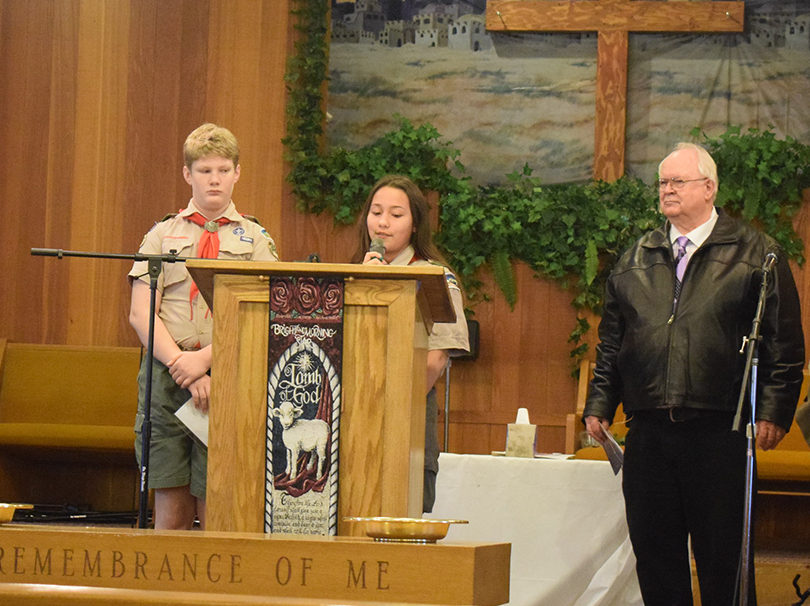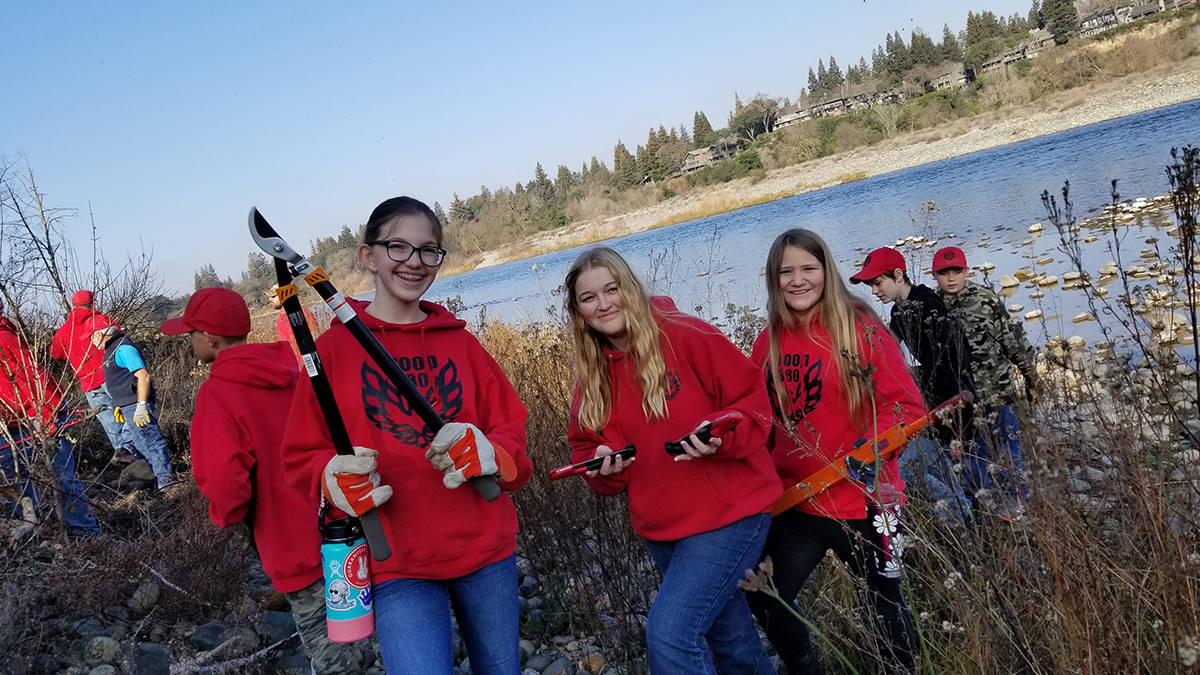Other Important Guidelines
BSA S.A.F.E. Start Scouting Checklist
California Guidance for Day Camps
California Department of Health Guide to Cohorts
Version 3.3 – March 30, 2022
Overview
The following guidelines are intended to help Troop 380 plan for a safe Scouting experience.
- Our aim is to ensure the health and safety of our Scouts, Scouters, and families by following guidelines from the Golden Empire Council, Scouts BSA, County, City, State, and CDC.
- This document will be updated/revised as new information becomes available.
Always:
- Self-screening at home, including temperature and/or symptom checks using CDC guidelines.
- DO Not participate in activities if Scouts or family members have symptoms of COVID-19 as described by the CDC, such as a frequent cough, fever, difficulty breathing, chills, muscle pain, sore throat, the recent loss of taste or smell, or if they or someone they live with has been diagnosed with COVID-19.
- Frequent handwashing with soap and water, including scrubbing with soap for 20 seconds.
- Preferred hand sanitizer use.
- Physical distancing.
- Should you get sick or show signs of illness after participating in an event, in an event, for up to 10 days later, call your Assistant Scoutmaster (ASM) so they can call all attendees and make them aware of the circumstances. Your identity will not be shared, only that an attendee got sick.
Recommended:
- We no longer require masks to be worn, but we highly recommend using one, when indoors.
Camping / Overnight
- Carpooling. Limit the number of passengers to the number of windows that roll down in a car. Do not sit three across. Each person must sit near a window for ventilation. Please wear a mask when in a car.
- Should you get sick or show signs of illness after campout up to 10 days later, call your ASM so they can call all attendees and make them aware of the circumstances.
Sleeping
- Scouts/Scouters will sleep one person per tent.
- No tent sharing. (exception family members, youth with youth or adult with adult. See guide to safe scouting.)
Meals
- Food preparers must wear masks and gloves.
- Use disposable food service items (utensils and plates).
- Only food preparers should serve food. No family style or buffet meals.
- Let dishware and equipment air dry; do not dry with towels.
- Limit the use of patrol items. If you use or handle something you must clean it.
Cleaning Protocol
Indoor Meetings
Pre-Meeting
- Prepare facility
- Prop open doors to the building and any inside doors to avoid repeated contact with doorknobs and handles
- In the summer, if outside heat and air conditioning is a consideration, close doors once attendees have arrived and the meeting has started, and prop open again for the exit
- Ensure paper towels are available in the bathroom and a trash can is near the door so paper towels can be used to open the door and then thrown away
- Clean common areas and equipment including:
- Tables and chairs (chairs with cloth coverings should be avoided, if possible)
- Door knobs, light switches, handles, handrails, etc.
- Restrooms, toilets, sinks
- Flagpoles and any other equipment being used
During Meeting
- Heavily used surfaces should be cleaned after use
- Attendees should return to their same seats after any activity
After Meeting
- Participants should put away their own chair
Recommended Supplies
- Each Patrol should have:
- Touchless thermometer
- Rubber gloves
- Asthma-safe spray disinfectant
- An all-purpose cleaner (note: some disinfectants are also all-purpose cleaners)
- Disinfectant wipes
- 60% ethyl alcohol-based hand sanitizer (pump). DO NOT USE isopropyl or methanol-based sanitizers.



